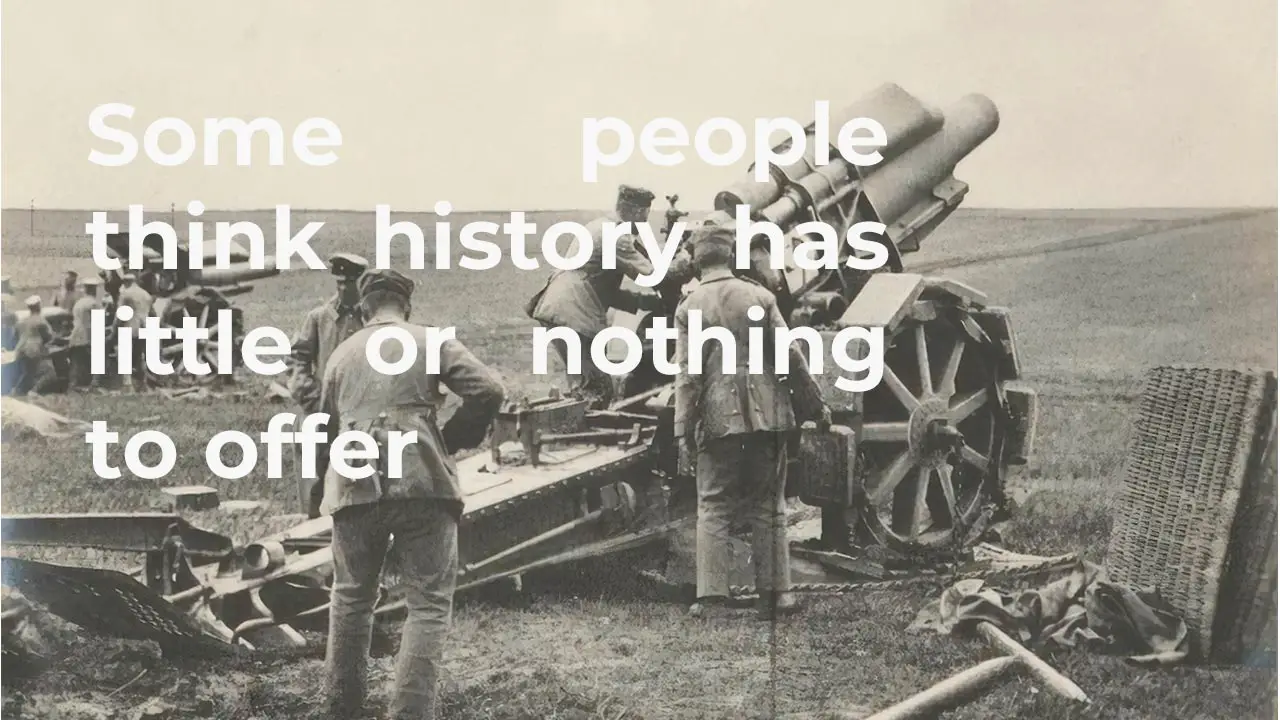You should spend about 40 minutes on IELTS writing task 2.
Some people think history has little or nothing to offer, while others say the study of the past helps us understand the present. Write on both views and give your opinion, citing examples from your experience.
Give specific reason and explain them with examples from your own experience or knowledge.
You should write at least 250 words in IELTS writing task 2.
Question Overview
Topic : History
Type : Discussion
Model Answer
Undoubtedly it is true that the present is the continuation of the earlier time/ past means today’s culture. Traditions businesses development and research are depending on their past. People learn many things from the past and take a lesson from it. So I don’t agree that history has a little to tell us, in fact it plays a vital role in our present and future life. I would discuss both the views in the upcoming paragraphs.
To begin with. Those people’s opinion who believe that it is not necessary to learn about history. People think that the past is different from the present, so it is wastage of time to learn about it. Moreover, people’s living style and eating habits are changed, so they do not want to learn the old living style. Another reason is, people think the time has changes and the difficulties which their elders faced will never arise again, for example, the freedom struggle of India does not need to be learnt because today’s situation is different from it. People think nowadays their professions and working style are also different from past I mean to say that people work manually in the past but now all work is completed with technology, so that’s why they are not interesting to learn history.
Furthermore, studying history can enable us to understand better what is going on around us, and It would also tell us how we proceed and reached where we are today. I think history guide people very well and make them capable that they would not repeat the mistakes of yesteryears. People also get inspiration from past events and great men through history. Moreover, most of the time people complete their task through machines, but these machines were invented by great people many years ago, for the example computer it is developed in between 1940 to 1950 and updated with time.
To sum up, it is clear that however there are some drawbacks to history role in our present life but studying the history deepen and widen our knowledge, and help us develop the power of analysis. Thus, we can look at what is happening at present from a historical perspective and better understanding.
Vocabulary
- Traditions – the transmission of customs or beliefs from generation to generation, or the fact of being passed on in this way.
- Ex. members of different castes have by tradition been associated with specific occupations
- necessary – needed to be done, achieved, or present; essential.
- Ex. they granted the necessary planning permission
- wastage – the action or process of losing or destroying something by using it carelessly or extravagantly.
- Ex. the wastage of natural resources
- arise – (of a problem, opportunity, or situation) emerge; become apparent.
- Ex. new difficulties had arisen
- struggle – make forceful or violent efforts to get free of restraint or constriction.
- Ex. before she could struggle, he lifted her up
- professions – a paid occupation, especially one that involves prolonged training and a formal qualification.
- Ex. his chosen profession of teaching
- guide – direct or influence the behaviour or development of.
- Ex. his life was guided by his religious beliefs
- capable – having the ability, fitness, or quality necessary to do or achieve a specified thing.
- Ex. I’m quite capable of taking care of myself
- yesteryear – last year or the recent past, especially as nostalgically recalled.
- Ex. the snows of yesteryear have gone
- historical – of or concerning history or past events.
- Ex. historical evidence
- perspective – the art of representing three-dimensional objects on a two-dimensional surface so as to give the right impression of their height, width, depth, and position in relation to each other.
- Ex. the theory and practice of perspective
Read more related Essay :
- Some people think that the government is wasting money on the arts
- Overpopulation in most developing countries
Credits
Image : “unsplash.com”



